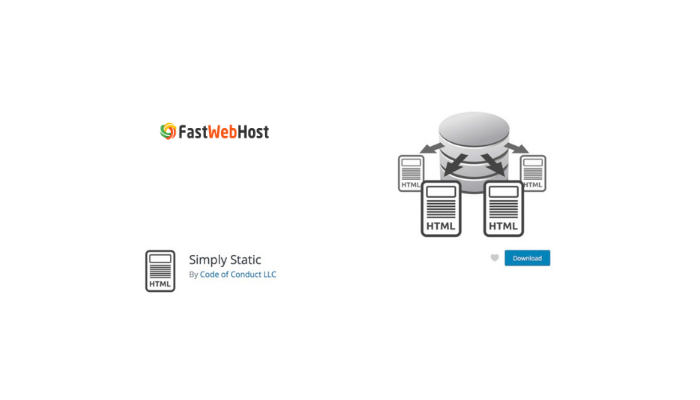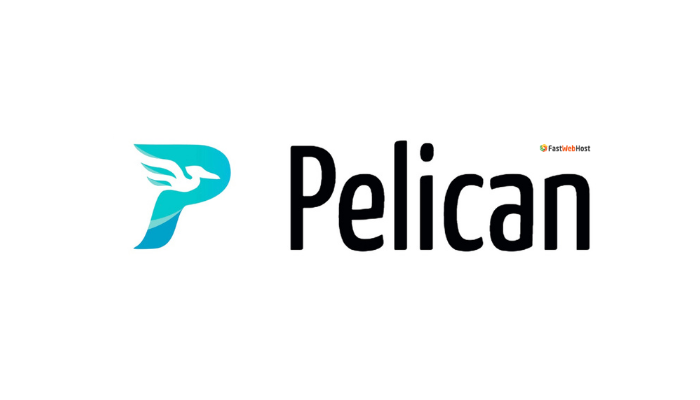In this Article lets explore " how to convert WordPress into HTML"
WordPress is the most popular Content Management System on the planet. Since this interface is so adaptable, many people choose it for their needs, such as a forum, a simple website, e-commerce, or classified websites. When you choose WordPress hosting for your website, WordPress becomes easier.
However, there can be moments when you choose to revert to your website's simple HTML format. This may be due to a variety of factors such as website speed, security, and so on. Converting the WordPress website to HTML is not an easy task. It only takes time and patience to make it a success.
You can learn how to translate your WordPress to HTML without missing any data in this article.
Before that, we'll look at the differences between the two and why you should upgrade your WordPress to HTML.
Difference Between WordPress and Static HTML
If the website is designed in WordPress or HTML, it would ultimately appear like HTML on the frontend. That is, regardless of the system you use to build your website, the code for your website would look something like this:
The major difference is how they came into existence.
A static HTML website is created by a developer who writes a programme alongside the content and then uploads it to the server. Once completed, the website will remain in this state indefinitely. There is no other operation running in the background when the site is up and running.
WordPress, on the other hand, employs a content management system that is driven by PHP and a database. That is, when anyone visits your website, the following happens:
• The PHP file is executed and combined with the HTML version of the website.
• A query in your database is executed to view the content in that HTML.
• After the backend process is complete, the WordPress website is viewed in a web browser.
Why switch WordPress site to HTML?
Page load speed is a typical explanation for converting the WordPress site to HTML. WordPress web pages are customizable, which means that they load automatically every time the website is accessed. As a result, the pace of the website suffers. When it comes to an HTML page, though, it is not the same since there is no interactive content. As a result, the website's pace and strength have improved.
Another consideration is stability. Static data protection eliminates the possibility of a network intruder exploiting or hacking your website. Furthermore, a non-dynamic website does not use an archive to save its files, resulting in better performing web pages.
Tools to Migrate from WordPress to HTML
Now that you've arrived, you're probably curious what resources are available to transform WordPress websites to static HTML websites. Yes, translating your WordPress to HTML is a difficult process. Any WordPress plugins, on the other hand, make the operation a breeze.
Here, we have listed some plugins and tools to convert your WordPress sites to HTML.
1. Jekyll
2. Simply Static
3. Pelican
4. WP Static HTML Output
1. Jekyll
GitHub supports this static site generator method. Jekyll is typically used to transform small assignments or journals to static websites. It is commonly referred to as a "easy, blog-aware, static site generator." Jekyll selects folders from the prototype that hold text files of every format. After that, it transforms and renders them before creating static HTML websites.
Features:
• In Jekyll, a website is a set of files in a single directory. Since GitHub pages are tightly integrated with Jekyll, the entire website can be housed in a Git repository.
• Since Jekyll has a large audience, there are many installation guides and manuals available for it. As a result, you can conveniently import WordPress content and convert it to HTML.
2. Simply Static
Code of Conduct LLC produced it. Simply Static is an open-source plugin that generates static websites. This plugin's main purpose is to build a static website from your WordPress account. It creates HTML copies of your WordPress web pages, allowing you to keep your WordPress setup entirely apart from the static site.
Features:
• Stylesheets, JS, and images are all used in Simply Static.
• This method is one of the simplest ways to turn your WordPress account to a static one with a single click.
• WordPress URLs are replaced immediately with relative URLs, absolute URLs, or offline URLs.
3. Pelican
The Pelican tool converts content written in reStructuredText, Markdown, or AsciiDoc format into static HTML. You can also upload data from Dotclear, RSS feeds, or WordPress. It also includes software to assist you in creating sitemap files.
Features:
• You can make the content available in different languages.
• This application assists in the customization of themes using Jinja models.
• Certain features, such as Atom, RSS stream, and social media integration, are supported, as are tools such as Google Analytics, the Disqus commenting tool, and code syntax highlighting.
4. WP Static HTML Output
WP static is another basic but effective method for converting the WordPress platform to static HTML. This platform allows you to export an infinite number of goals for a single website. WP static is a free and open source plugin
that generates an HTML version of the entire site.
Features:
• Your website is deployed to a local folder FTP, Amazon S3, Dropbox and Github.
• It supports two languages (Japanese and English).
Conclusion:
Now that you know converting your WordPress website to static HTML is simple with the aid of some software, it's time to convert your website. But, with too many tools to pick from, how do you know which one to use? Let me assure you, this choice is entirely dependent on which method you deem easiest to use.
We hope this article has assisted you in learning how to transform your WordPress website to static HTML. After all, the key reason for converting from WP to HTML is to protect your website from future attacks and to improve its speed.





